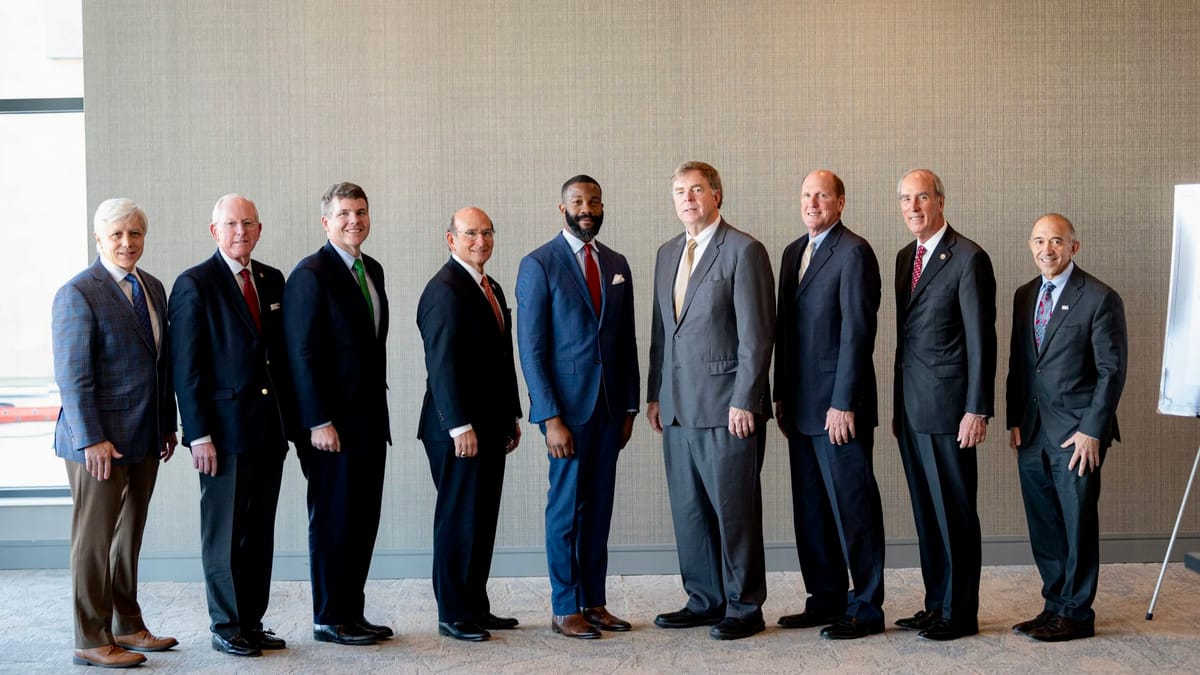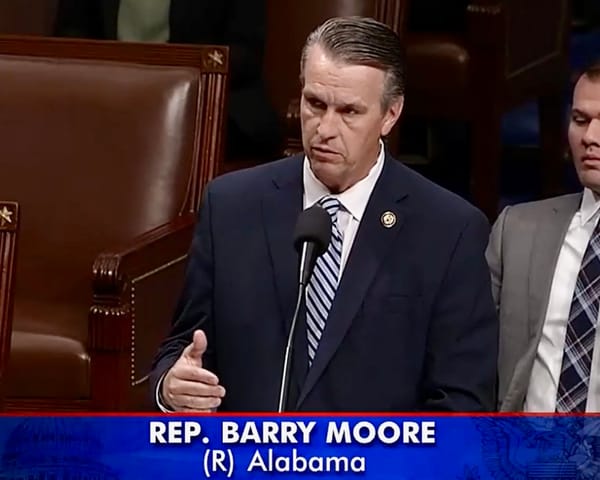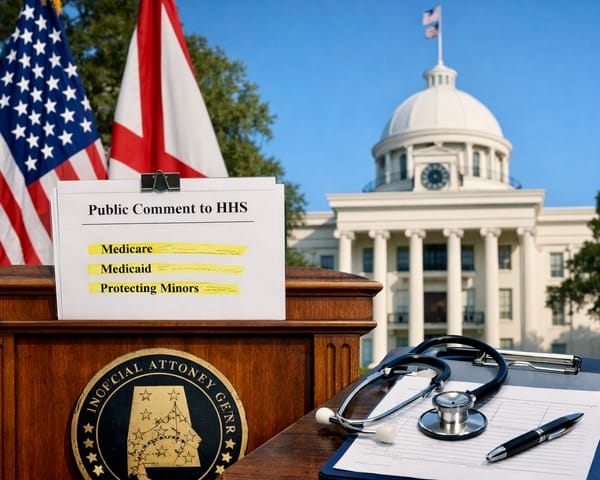Alabama’s Big 10 Mayors Call for Overhaul of “Flawed” Online Sales Tax System
Call for overhaul of Simplified Sellers Use Tax

Mayors from across Alabama’s 10 largest cities gathered Monday in Tuscaloosa, raising fresh concerns about the State’s online sales tax system—known as the Simplified Sellers Use Tax, or SSUT. In a joint statement, the Alabama Big 10 Mayors described the system as “flawed” and harmful to local budgets, schools, and small businesses.
Under the SSUT, online sellers are required to collect a flat 8 percent tax. Half of that revenue goes to Montgomery, where 75 percent funds the General Fund and 25 percent supports the Education Trust Fund. The other half is split between Municipalities (60 percent) and Counties (40 percent), all allocated based on population—not where purchases are made.
“Today’s meetings with municipalities across the state further reinforced the fact that there is a growing consensus to address our state’s unfair online sales tax structure,” the Mayors said in a joint release. “Its current structure is a problem for Alabama – it’s bad for municipalities, bad for schools, and bad for small businesses. This issue must be addressed, whether through the courts or through the legislature. Every day the system continues to exist in its current form is another day where our schools, first responders and communities are losing the resources that they depend on and are rightly theirs.”
Tuscaloosa Mayor Walt Maddox said his City could lose between $14 million and $15 million this year under the current formula, and that number could rise by 6–7 percent in fiscal 2026.
The Mayors argue that because online purchases face only an 8 percent SSUT—with no extra local surtax—consumers often pay less than they would shopping in-store under local tax rates, which may exceed 10 percent. “For many Alabamians, Alabama law makes it less cost‑effective to shop locally … this two‑category taxation system benefits large out‑of‑state corporations such as Amazon and Walmart at the expense of Alabama small businesses,” the statement reads.
Local sales tax supports essential services such as police, fire, roads, sanitation, and schools. Officials say SSUT’s population-based distribution ignores where the actual economic activity takes place, leading to underfunded local services in high‑online‑sales regions.
Several cities—including Tuscaloosa and Mountain Brook—have voted to pursue lawsuits challenging the SSUT formula. The Big 10 Mayors support these legal actions and are also urging legislative fixes.
The Alabama League of Municipalities and other city officials back the push for more equitable distribution. They emphasize that cities should retain tax revenue tied to economic activity within their own communities—not have it redistributed based purely on population.
The Big 10 Mayors represent the state’s largest cities, including Auburn, Birmingham, Decatur, Dothan, Hoover, Huntsville, Madison, Mobile, Montgomery, and Tuscaloosa.
For more information on the SSUT, see this link.
For more information on the Big 10 Mayors, visit their website, AlabamaBig10.com.




